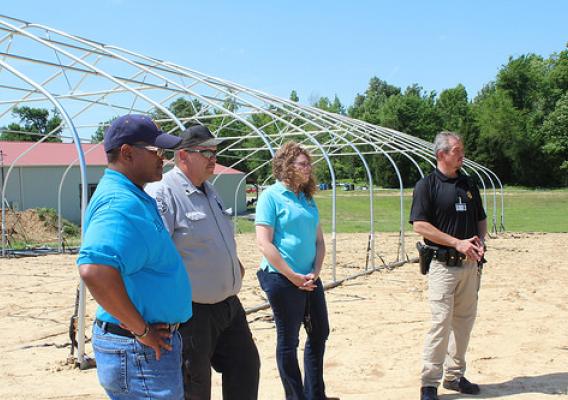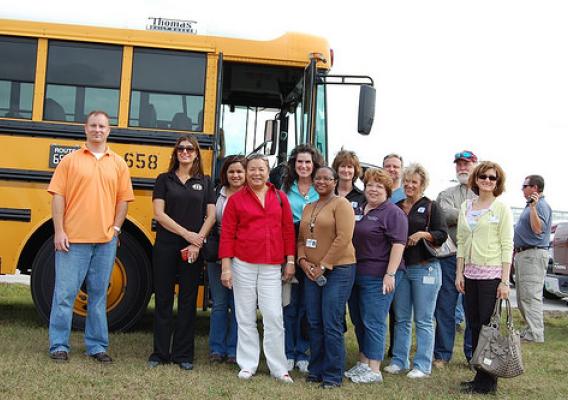In November, USDA pays tribute to the rich ancestry and traditions of Native Americans by observing Native American Heritage Month. Today, an important part of Native American culture includes working towards a healthier lifestyle for Native American people. The following guest blog demonstrates the wide range of efforts that tribes are making to support a healthier next generation. We thank the Circle of Nations School for sharing their story.
By Lise Erdrich, School Health Coordinator, Circle of Nations School
Circle of Nations School (CNS) is an inter-tribal off-reservation boarding school in Wahpeton, N.D., chartered under the Sisseton-Wahpeton Dakota Oyate and funded by the Bureau of Indian Education. CNS serves American Indian youth in grades 4 through 8.
CNS is a 2012 recipient of the HealthierUS School Challenge Gold Award, a Green Ribbon School Award, and of the Carol M. White Physical Education Program (PEP) grant. CNS was the first Green Ribbon School in the state of North Dakota and the entire Bureau of Indian Education system. These and related initiatives promote healthy environment, physical activity and nutritional improvement points including fresh, locally sourced food.









